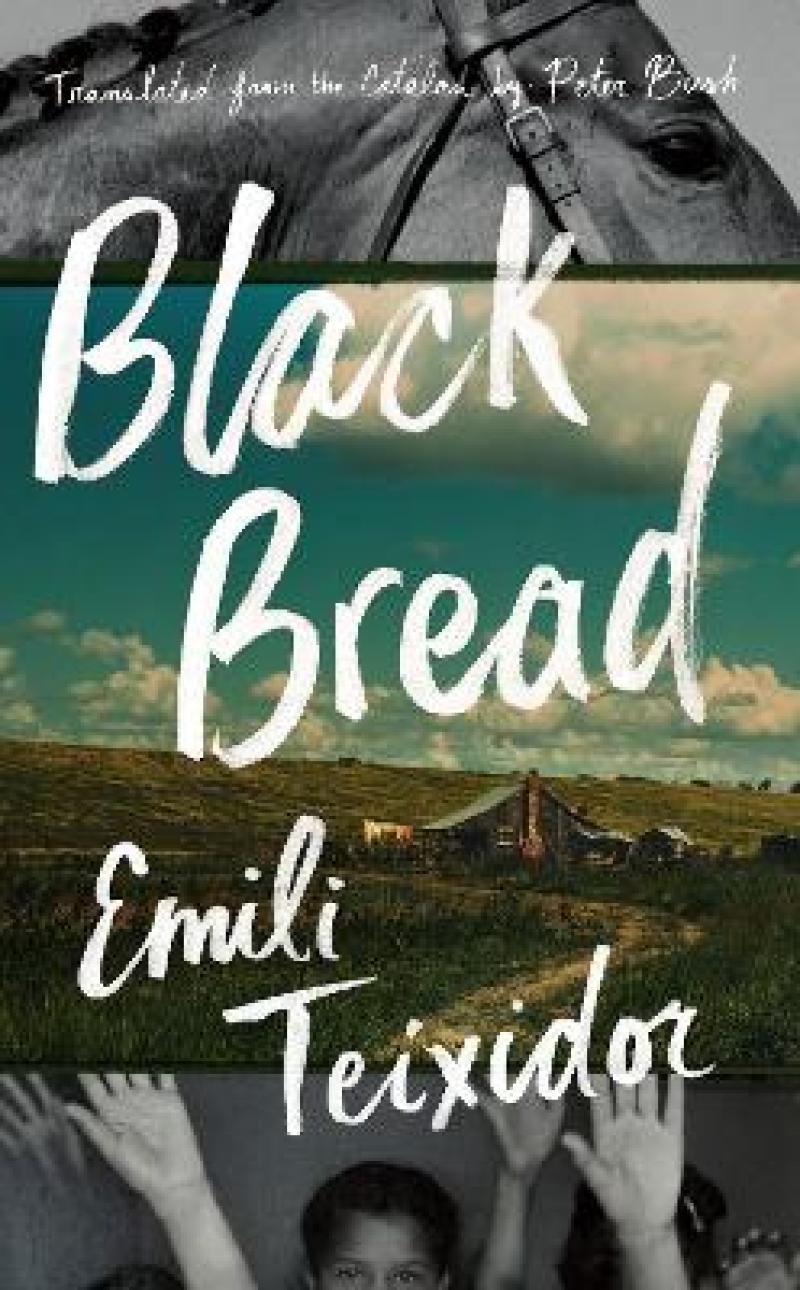"This richly written saga, set in the Catalan countryside in the aftermath of the Spanish Civil War, 11-year-old Andreu has gone to live with his grandparents while his father awaits execution for reputedly subversive activities. Initially, Andreu enjoys romping with cousins Quirze and Nuria--the old plumtree is their base of operations--and Teixidor's details of family, school, and country life are homey and surprisingly gratifying. The story gets darker and increasingly interesting as we learn more about Andreu's parents, with Andreu reflecting bitterly on his meek mother's single-minded obsession with saving his off-balance father and proclaiming, "Love burns. Love destroys. Love kills." His confusion is compounded when he's distracted from Nuria's teasing sex games by the sight of a young man stretched out naked in a monastery garden. Eventually, Andreu must leave his own garden for the wider world, convinced that he's a monster. VERDICT A taut and tender coming-of-age story that's both resonant and intriguingly different."--Library Journal "Black Bread frequently alludes to memory's instability, its wavering between continuity and transience: What images and words trigger memories to reappear? Why do some individuals stay in our mind longer than others? ... Perhaps Black Bread's most distinctive achievement is the acute awareness ... of both the harsh reality of [the protagonist's] time and the somnolence of a life fading away before ones eyes, beyond his control ... A bold, commendable effort to expose a troubling legacy from the past."--Music & Literature "Black Bread... builds slowly, through the accrued detail of seemingly disconnected scenes... or, let's say, a string of scenes where the narrative throughline is not immediately apparent to the reader." --Ron Hogan, Beatrice
